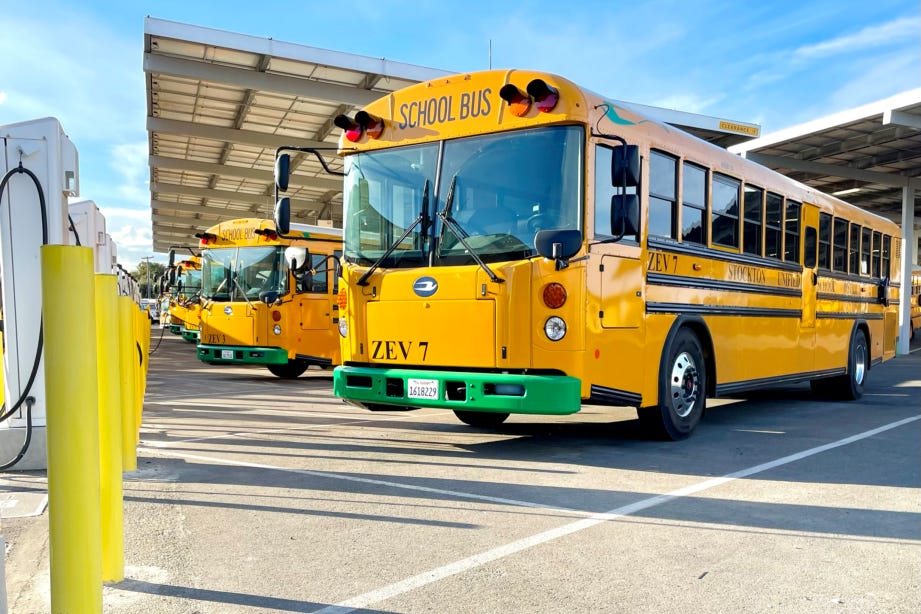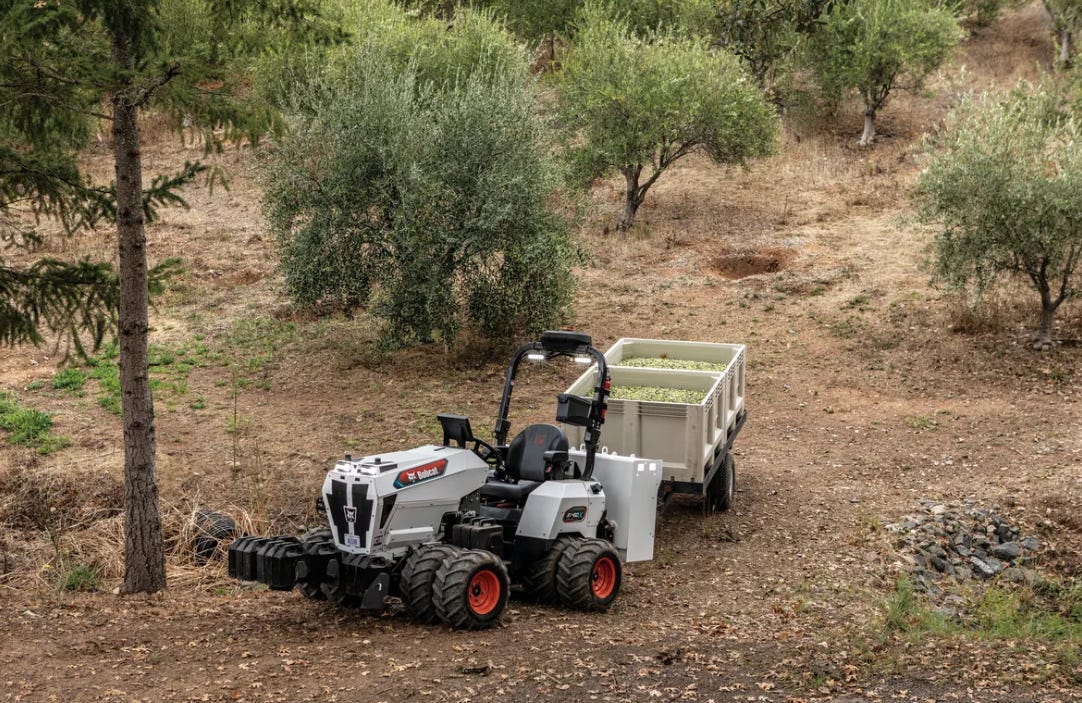U.S. Commits USD 1 Billion to Electric School Buses
Short on time? Get a quick rundown of today’s top stories from the ACR:
The United States government plans to invest USD 1 billion in replacing diesel-powered school buses with electric and lower-emitting vehicles, aiming to protect children from harmful air pollution and reduce greenhouse gas emissions.
Logging has caused severe damage to Canada's boreal forest, resulting in the removal of 35.4 million acres since 1976, negatively impacting wildlife and increasing vulnerability to wildfires.
U.S. Commits USD 1 Billion to Electric School Buses
The Guardian & Washington Post

The United States government plans to invest USD 1 billion in replacing diesel-powered school buses with electric and lower-emitting vehicles. The Biden administration announced the funds will be dispersed in grants between 280 school districts serving 7 million children nationwide. The project, which comes from the bipartisan infrastructure law, aims to protect children from harmful air pollution and reduce greenhouse gas emissions. While the limited infrastructure for charging electric vehicles and pushback from some states may present challenges to phasing out diesel school buses, several states have already passed laws to transition from diesel buses to electric buses.
Canada’s Boreal Forest Severely Impacted by Logging
A study using data from Ontario and Quebec reveals that logging has severely damaged Canada's boreal forest, resulting in the removal of 35.4 million acres since 1976. Canada has the third largest forest area in the world, contributing significantly to the country's economy. Although provincial and territorial governments in Canada have implemented strict laws to manage forest conservation and promote reforestation in response to extensive deforestation in the past, logging has resulted in a fragmented landscape that is less capable of supporting wildlife and more vulnerable to wildfires. The boreal forest is crucial for fighting climate change as it stores vast amounts of carbon dioxide.
Agtonomy is a software and services company based in San Francisco, CA that specializes in advanced autonomous and AI solutions for agriculture. Agtonomy partners with equipment manufacturers, such as Bobcat, to embed its technology in tractors, providing commercial-scale solutions for digital transformation. With a focus on accelerating the world's transition to sustainable farming, Agtonomy helps address the challenges of labor scarcity, sustainability, and shrinking profit margins faced by farmers.
The company has recently secured USD 22.5 million in funding, which will be used to expand its customer pilot program and accelerate its technology development.
Heat and High Water: Nine Pathways to Climate Resilient Development
Publisher: Inter-American Development Bank (IDB)
Publication Date: December 2023
Access the report here.
This report explores climate threats and resilience strategies in Latin America and the Caribbean. It examines how urban planning, renewable energy, and fiscal and financial policies can contribute to climate adaptation. The document emphasizes the importance of good governance, equitable distribution of adaptation policy benefits, and the involvement of all stakeholders in climate policy decision-making to ensure inclusive adaptation. It also highlights the need for fiscal policies that promote resilience and decarbonization.







